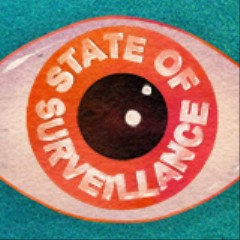This Series explores surveillance and its intersection with race and civil rights. made possible with support from Columbia University’s Ira A. Lipman Center.
Advertisement
Hallam, who is an Allegheny County, Pennsylvania councilperson at-large, told Motherboard that she assumed the match was referring to a misdemeanor possession and DUI charge from nine years ago. “This whole process is neither fair nor right!” Hallam said. “One third of Americans have some sort of past criminal record. People with past convictions should be a protected class when it comes to this sort of discrimination.”
The platform runs background checks on both hosts and guests, and what gets checked and when differs between the two. For guests, a background check is run by a third-party service within 10 days of the booking check-in, and hosts are checked after they create a listing. Everyone is checked against the Department of the Treasury’s Office of Foreign Assets Control ("OFAC") list, and everyone within the United States is also run through “certain databases of public state and county criminal records as well as state and national sex offender registries,” according to Airbnb.“Lesser crimes'' like disorderly conduct or marijuana possession won’t get you removed from the platform, according to Airbnb. Crimes like felony burglary or larceny, property damage, and fraud can result in “further review, removal, or ineligibility.” Murder, terrorism, rape and child molestation “may result” in permanent removal.Has Airbnb taken action against your account because of a criminal records match or background check? We’d like to hear from you. Contact Samantha Cole via email at samantha.cole@vice.com or on the secure messaging app Signal at +1 646 926 1726.
Advertisement

